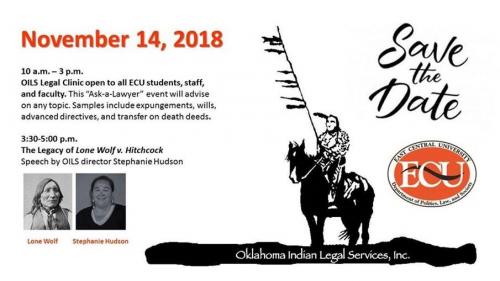


The federal government no longer needed to conclude a formal agreement with a Native American tribe in order to carry out policy decisions that affected the tribe.ĭ. Native American tribes lost their legal standing as sovereign nations in their dealings with the federal government, but their ownership of tribal lands was confirmed.Ĭ.

The Supreme Court took on a greater role in Native American affairs.ī. introduce a view about the Lone Wolf decision that the author will expand uponĪccording to the passage, which of the following resulted from the Lone Wolf decision?Ī. refute the argument of commentators who regard the congressional action of 1871 as the end of the era of formal negotiation between the federal government and Native American tribesĮ. challenge the validity of the Supreme Court's decision confirming the unlimited unilateral power of Congress in Native American affairsĭ. support the contention of the author of the passage that the Lone Wolf decision had a greater long-term impact than did the congressional action of 1871Ĭ. point out that this episode in Native American history has received inadequate attention from scholarsī. Prior to 1871, the federal government sometimes negotiated treaties with Native American tribes.Į.ğollowing 1871, the House exercised more power than did the Senate in the government's dealings with Native American tribes.Īs an element in the argument presented by the author of the passage, the reference to Blue Clark's study of the Lone Wolf case serves primarily toĪ. Prior to the Lone Wolf decision, the Supreme Court was reluctant to hear cases involving agreements negotiated between Congress and Native American tribes.ĭ. Some Native American tribes were more eager to negotiate treaties with the United States after the Lone Wolf decision.Ĭ.

Some Native American tribes approved of the congressional action of 1871 because it simplified their dealings with the federal government.ī. exploring the relationship between law and social realityĪccording to the passage, which of the following was true of relations between the federal government and Native American tribes?Ī. analyzing the significance of a historical eventĭ. identifying similarities in two different theoriesĬ. The author of the passage is primarily concerned withĪ. "The Lone Wolf decision ended this era of formal negotiation." OA : E, I wonder why not C when towards the end of para its well evident. Q.According to the passage, which of the following resulted from the Lone Wolf decision?Ī.The Supreme Court took on a greater role in Native American affairs.ī.Native American tribes lost their legal standing as sovereign nations in their dealings with the federal government, but their ownership of tribal lands was confirmed.Ĭ.The federal government no longer needed to conclude a formal agreement with a Native American tribe in order to carry out policy decisions that affected the tribe.ĭ.The federal government began to appropriate tribal lands for distribution to non-Indian settlers.Į.Native American tribes were no longer able to challenge congressional actions by appealing to the Supreme Court. (15) impact: shortly after Lone Wolf, the (10) of a virtually unlimited unilateral power (5) to prevent the opening of tribal lands


 0 kommentar(er)
0 kommentar(er)
